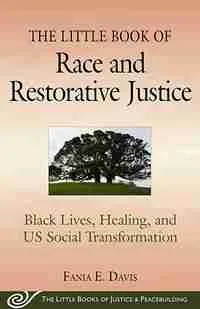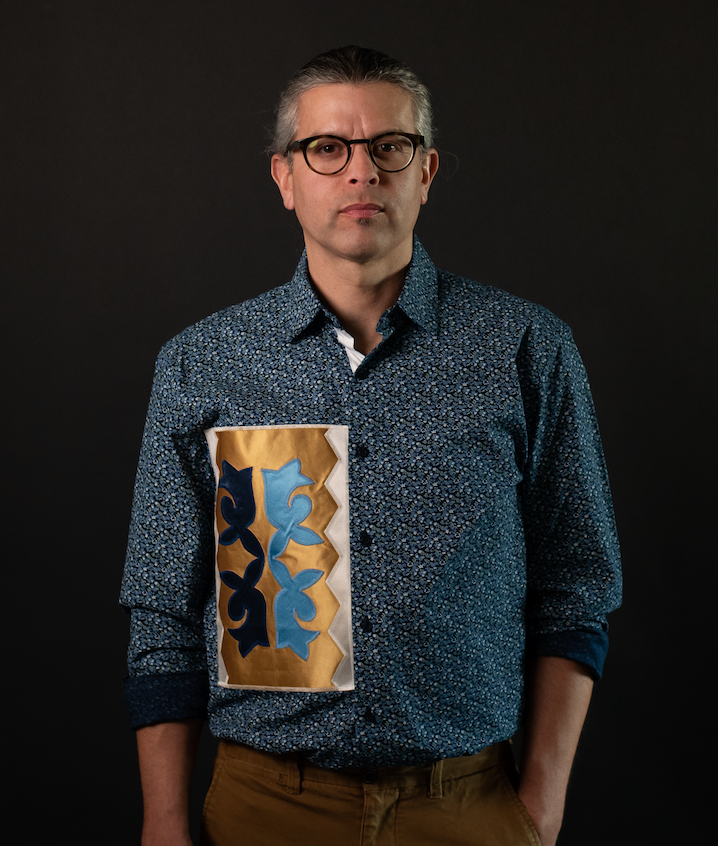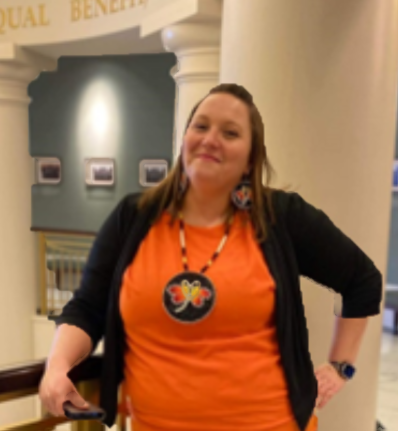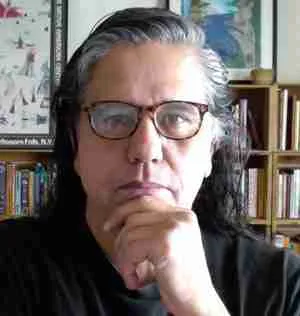Connors is past co-chair of the Michigan Tribal-State-Federal Forum, has served by appointment as judge pro tem for the Little Traverse Bay Bands of Odawa Indians, and is the presiding judge of the Washtenaw County Peacemaking Court.
The Native American Rights Fund appointed Connors to its Indigenous Peacemaking Initiative in 2017. The initiative supports efforts of tribes and their allies to use traditional Native methods of dispute resolution whenever those methods might afford desirable outcomes. He is incorporating peacemaking principles, philosophies, and procedures shared by tribal communities into state court justice systems—an effort supported by the Michigan Supreme Court. To date, successful outcomes of peacemaking efforts have been witnessed in wrongful death suits, elder guardianship disputes, estate distribution issues, custody and parenting time disputes, and neglect and abuse proceedings.
Connors is the author of “Exit, Pursued by a Bear: Why Peacemaking Makes Sense in State Court Justice Systems” (American Bar Association Judges Journal, Fall 2016); “Our Children Are Sacred: Why the Indian Child Welfare Act Matters” (American Bar Association Judges Journal, Spring 2011); and “Crow Dogs vs. Spotted Tail: Case Closed?” (Michigan Bar Journal, July 2010). He co-authored “Tribal Court Peacemaking: A Model for the Michigan State Court System?” (Michigan Bar Journal, June 2015).
In 2021, Connors received the Daniel J. Wright Lifetime Achievement Award for Exemplary Service to Michigan’s Families and Children from the Michigan Supreme Court. In 2018, he received the Thurgood Marshall Civil Rights Award from the National Association for the Advancement of Colored People Ypsilanti Willow Run Branch. Among his numerous other awards, he is a past recipient of the National Council of Juvenile and Family Court Judges Innovator of the Year Award, the Hilda Gage Judicial Excellence Award from the Michigan Judges Association, and a three-time recipient of the Justice Blair Moody Award for Significant Contributions to Judicial Excellence.







